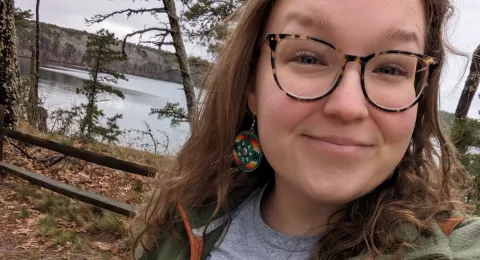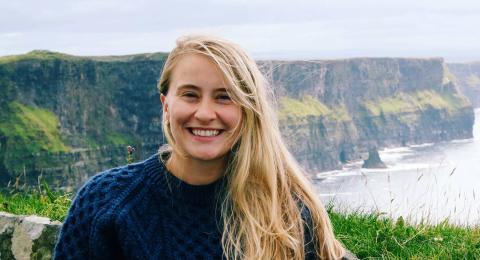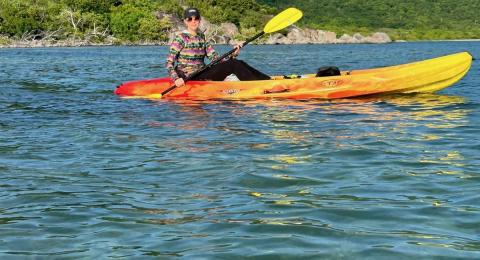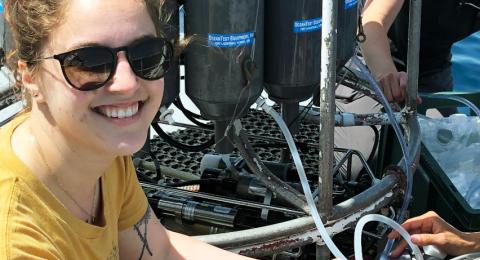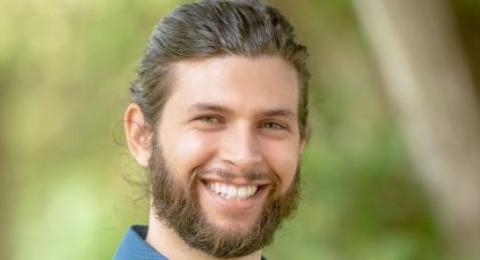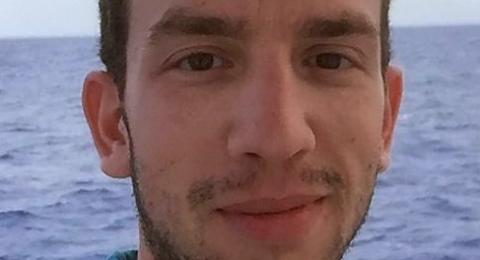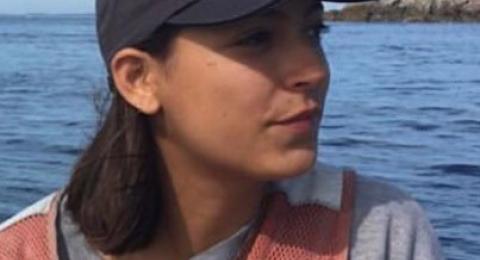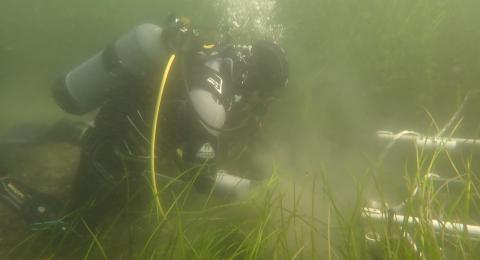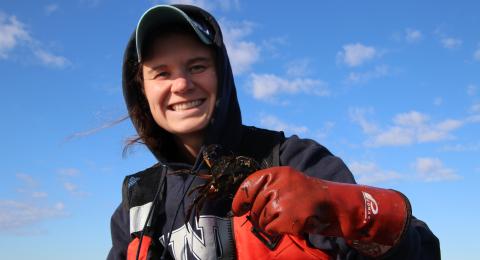Marine Biology (Ph.D.) Spotlight
Seal acoustics and behavior & Indigenous students' connection to Western ecology
Callyan's research focuses on monitoring terrestrial gray seal vocalizations, behaviors, and the impact of anthropogenic noise on these populations in Cape Cod and the Isle of Shoals.
Learn More
Northwest Atlantic Phocids in the Anthropocene
Jess examines the anthropogenic impacts on seals in the Gulf of Maine, using survey data and acoustic recordings to better understand these impacts.
Learn More
Acoustic Ecology for Resilient Coasts
Jill is exploring how acoustic behavior shifts in response to environmental variation, aiming to balance the needs of people, wildlife, and ecosystems.
Learn More
Non parametric models for the study of marine ecosystems
Miguel de Jesus Gomez Garcia believes that modern quantitative methods can significantly enhance our comprehension of ecosystems and help address complex conservation and management questions that have proved challenging thus far.
Learn More
Microzooplankton Grazing and Marine Aggregates
Mikayla Cote examines the influence of marine microzooplankton grazing on the production/consumption of transparent exopolymer particles (TEP) and marine aggregates in general.
Learn More
Effects of heatwaves on small-scale fisheries and marine ecosystems
Andrew (Drew) Villeneuve (he/him/his) is a global change marine ecologist interested in working with data across scales of ecological organization to better understand the effects of climate change on marine ecosystems and the people that depend on them.
Learn More
Marine invasion ecology
Researcher Matt Tyler interested in the long-term effects non-native algae and sessile animals will have on intertidal and subtidal communities in the Gulf of Maine, and what role they will play in facilitating or resisting future invasions.
Learn More
Biogeography and Ecology of Seaweeds
Brandon O'Brien is investigating how the composition of seaweed communities in the Gulf of Maine has changed over time.
Learn More
Seabird trophic and movement ecology and the use of seabirds in monitoring forage fish communities
Researcher Aliya Caldwell GOM-breeding Common Terns and the forage fishes they rely on, which include species of herring, hake, and sand lance among others.
Learn More
Microplastics and marine life in Great Bay
Taja Sims-Harper is a doctoral student in the marine biology Ph.D. program. She conducts research on microplastics in oysters and other marine life in Great Bay in the lab of Bonnie Brown, professor of ecological genetics and the chair of the department of biological sciences.
Learn More
Developing better ways to monitor marine habitats
Grant Milne graduated from Thiel College in 2019 with a Bachelor of Science in conservation biology and a Bachelor of Arts in biology before joining COLSA's biological sciences: marine biology Ph.D. program. The Portville, New York native, who once had a gray seal chew on his fin while he was SCUBA…
Learn More
Studying the impact of invasive green crabs on shellfish in Great Bay Estuary
Kelsey Meyer is a doctoral student in COLSA’s biological sciences: marine biology Ph.D. program. She currently spends a lot of time traversing Great Bay in a small boat, collecting invasive green crabs, baiting traps and monitoring tiles for oyster spat.
Learn More
